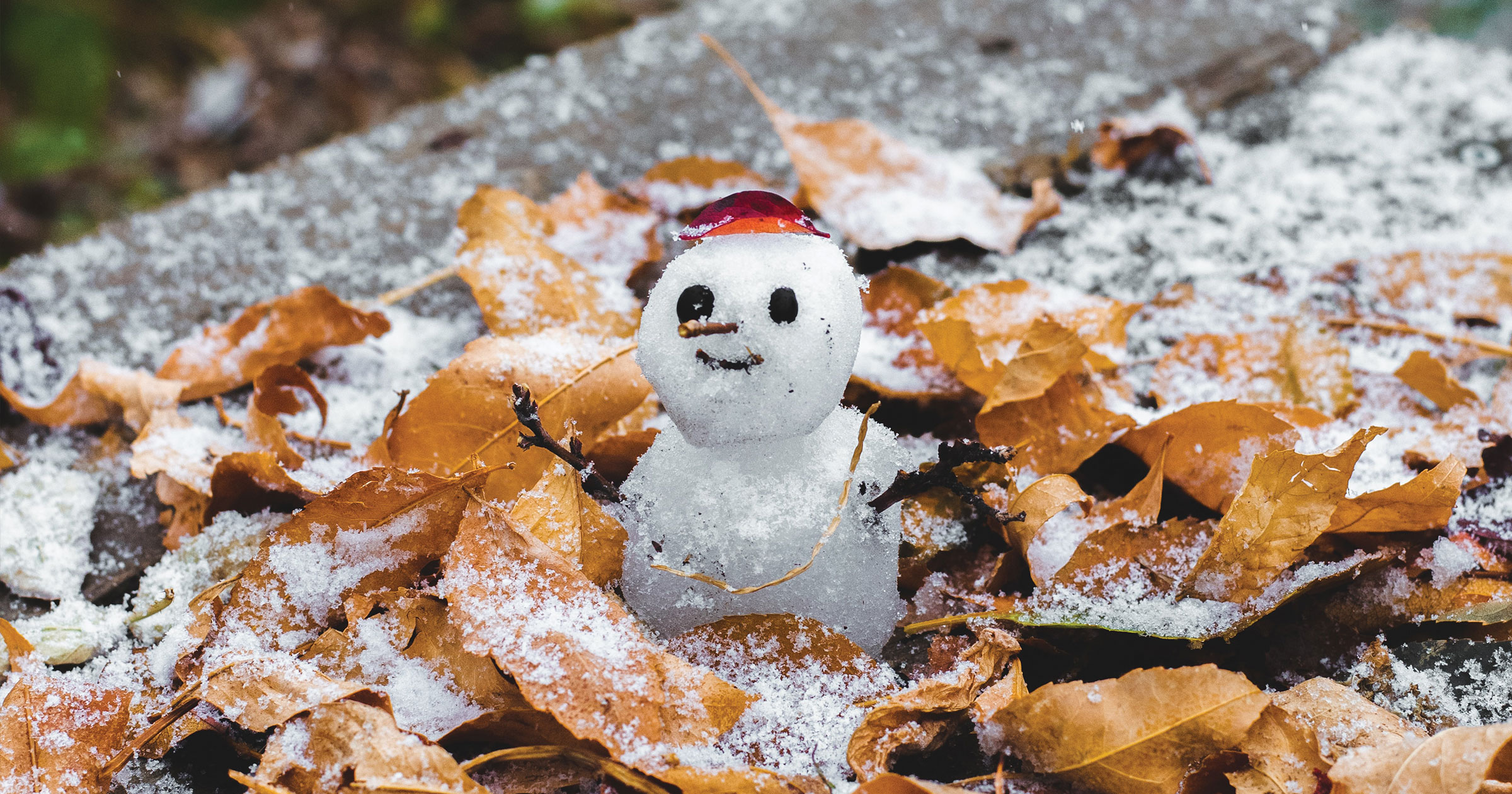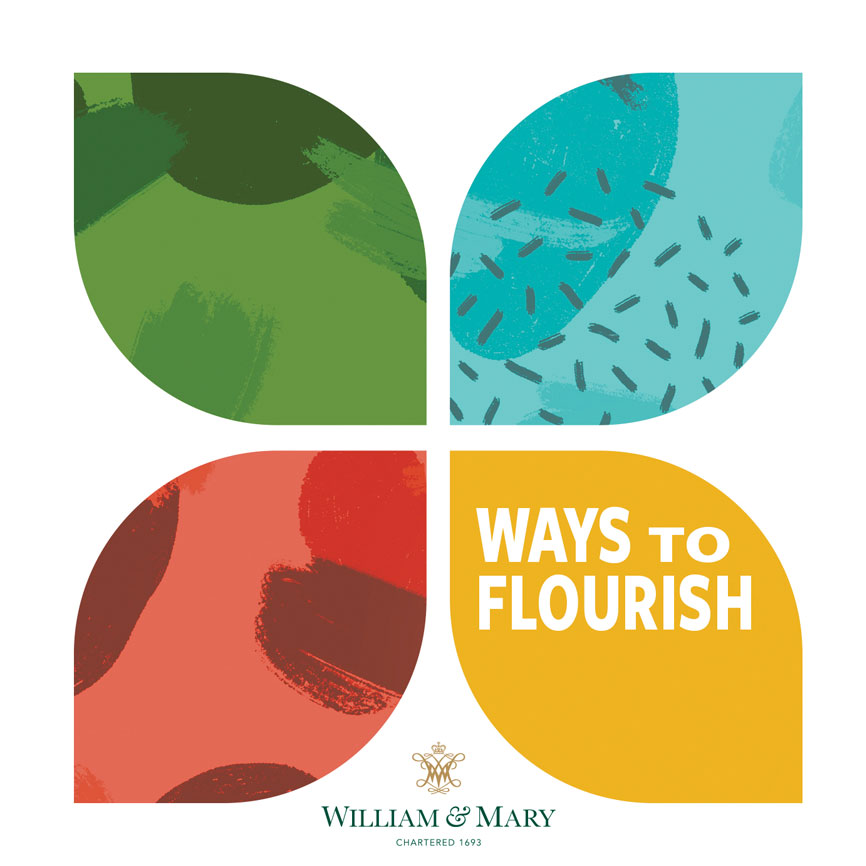Winter Training for Your Inner Coach
Strategies to bring mindful warmth and growth to a chilly season
January 19, 2022
By
Kelly Crace

As we begin the new year, our various experiences from 2021 can shape our preferences, expectations and needs for 2022. The past couple of years have taught us that no matter how much we try to control what happens around us, we will constantly be faced with unexpected realities. We have also learned of the mind’s limitless capacity to adapt if we work with it and compassionately develop our Inner Coach.
How do we healthfully manage the chills and challenges of the winter months after a year of managing chronic “too-muchness”?
The first step is to understand and normalize, not harshly judge, our natural tendencies during such times. After a long period of overwhelming demands and uncertainties, our Inner Guardian and Inner Critic gain prominence.
When we move from stressed to strained, our Inner Guardian serves to protect us from the discomfort, fears and upset that overwhelm us. It will compel us to soothe, to avoid and escape, or to intensely control to remain safe. At the same time, our Inner Critic never lets us off the hook. Despite being emotionally drained or burned out from a tough year, our Inner Critic whispers that we can and should do better. Our Inner Critic will develop what seems like a perfect plan to compensate tomorrow for our failings today, and we trust that our Inner Guardian will figure out a way to protect us from the feelings of being overwhelmed.
This is all so normal and human, but it puts us in a “need” state. We develop a need for relief, a need for control, a need for the new year to be better. This need creates heightened expectations. In effect, the Inner Critic and Inner Guardian set us up for a winter that is soulfully chilling.
How do we avoid this vulnerable tendency? How do we develop a wise Inner Coach that knows when to support and challenge us, that can take hardship and steer us toward adaptation and growth?
 I have a challenge for all of you. I want you to reflect on these two questions:
I have a challenge for all of you. I want you to reflect on these two questions:
- If you could only be remembered for one thing (characteristic or quality), what would you want that one thing to be and why?
- If you could actually be remembered for two things, what would you add and why?
Then, practice the steps outlined below over the winter months and write down what you noticed. This exercise from the Center for Mindfulness & Authentic Excellence (CMAX) is designed to train and nurture your Inner Coach and to bring mindful warmth and growth to a chilly season.
Start each day by asking yourself what opportunities there are to practice the two things for which you most want to be remembered. Be realistic in terms of your time and energy. One day you could devote a lot of time to those two things; other days, only a couple of minutes. This step sets you on track to be motivated by purpose, rather than fear and comfort.
When you engage in those two things during the day, do so with complete experiential acceptance. You accept whatever happens instead of needing a good outcome. This step helps you practice defining the worth of the day by your engagement in your values, rather than what you experience. It teaches acceptance.
At the end of the day, take a moment to value and appreciate when and how you courageously practiced those two things that day. This step transforms purpose into meaning and honors the courage it takes to step into hard things that are right.
You can think of these three steps as essential nourishment for flourishing. But there are also three essential seasonings you can add that will enhance and amplify the effectiveness of the above three steps:
- Step into something healthy every day.
Step into something enjoyable every day.
Step into encouragement every day (both giving and receiving).
I hope this helps you flourish during the winter months, no matter where you are or what you are doing.
Here to Help
If you have any questions or would like to talk to Kelly Crace, associate vice president for health & wellness and director of William & Mary’s Center for Mindfulness & Authentic Excellence, you can reach him at kelly.crace@wm.edu or (757) 221-1433.
For more wellness tips, listen to the “Ways to Flourish” podcast at wm.edu/offices/wellness/virtual/podcast.